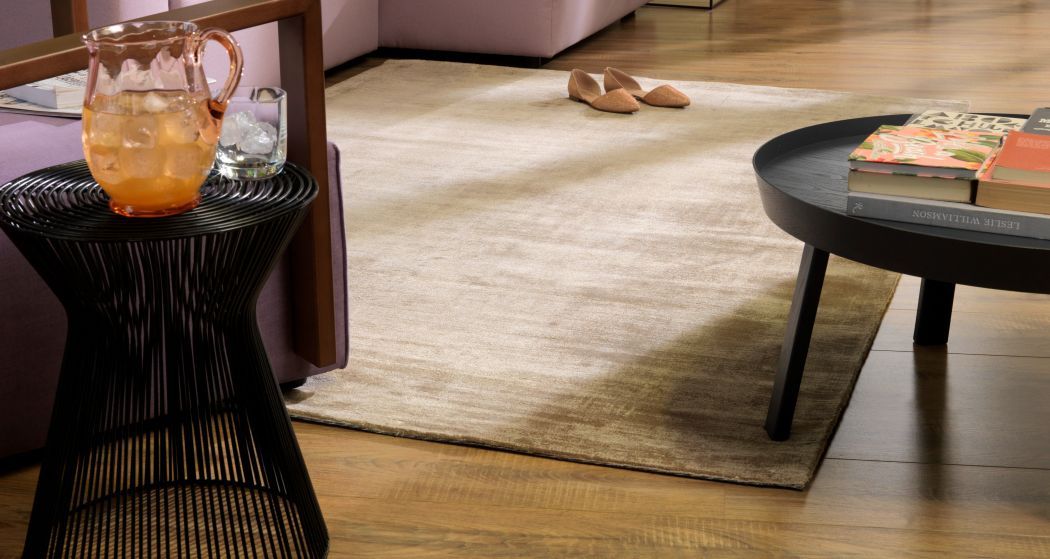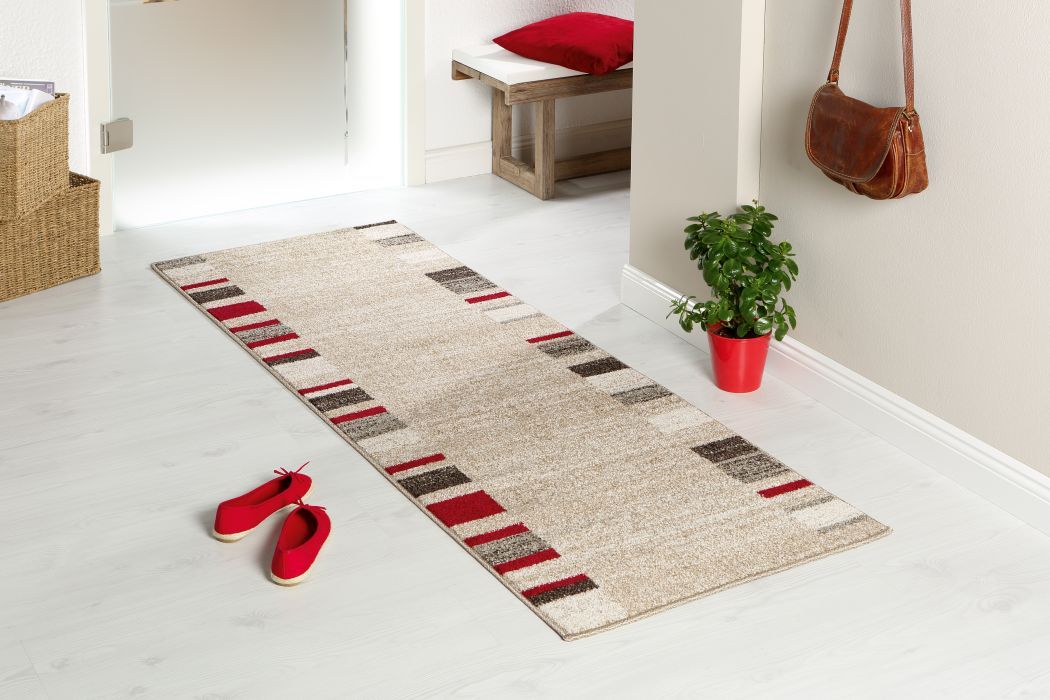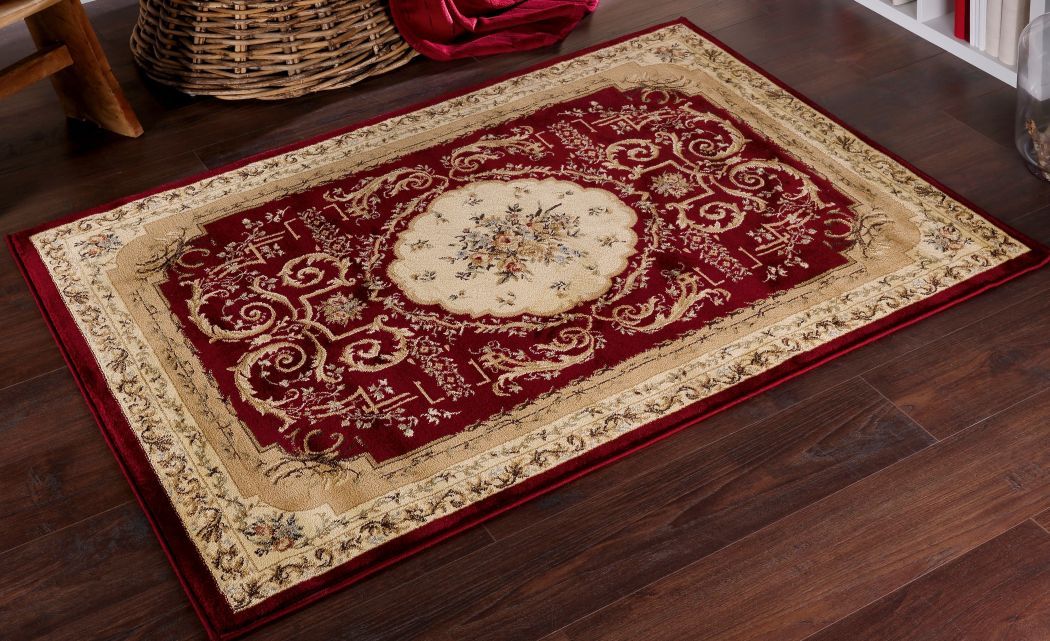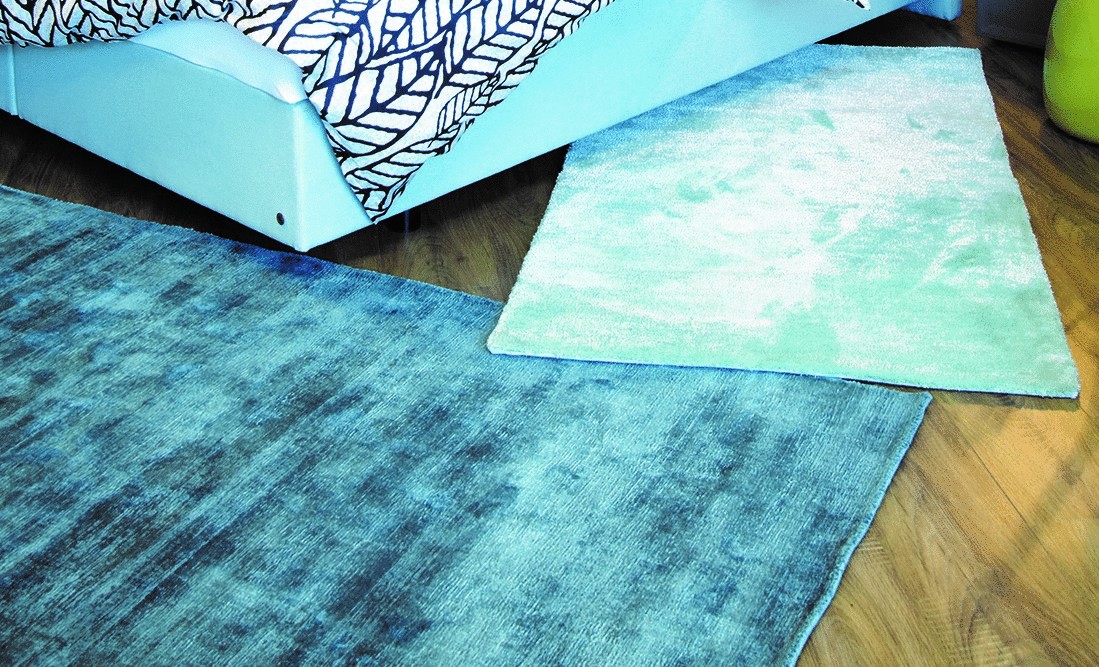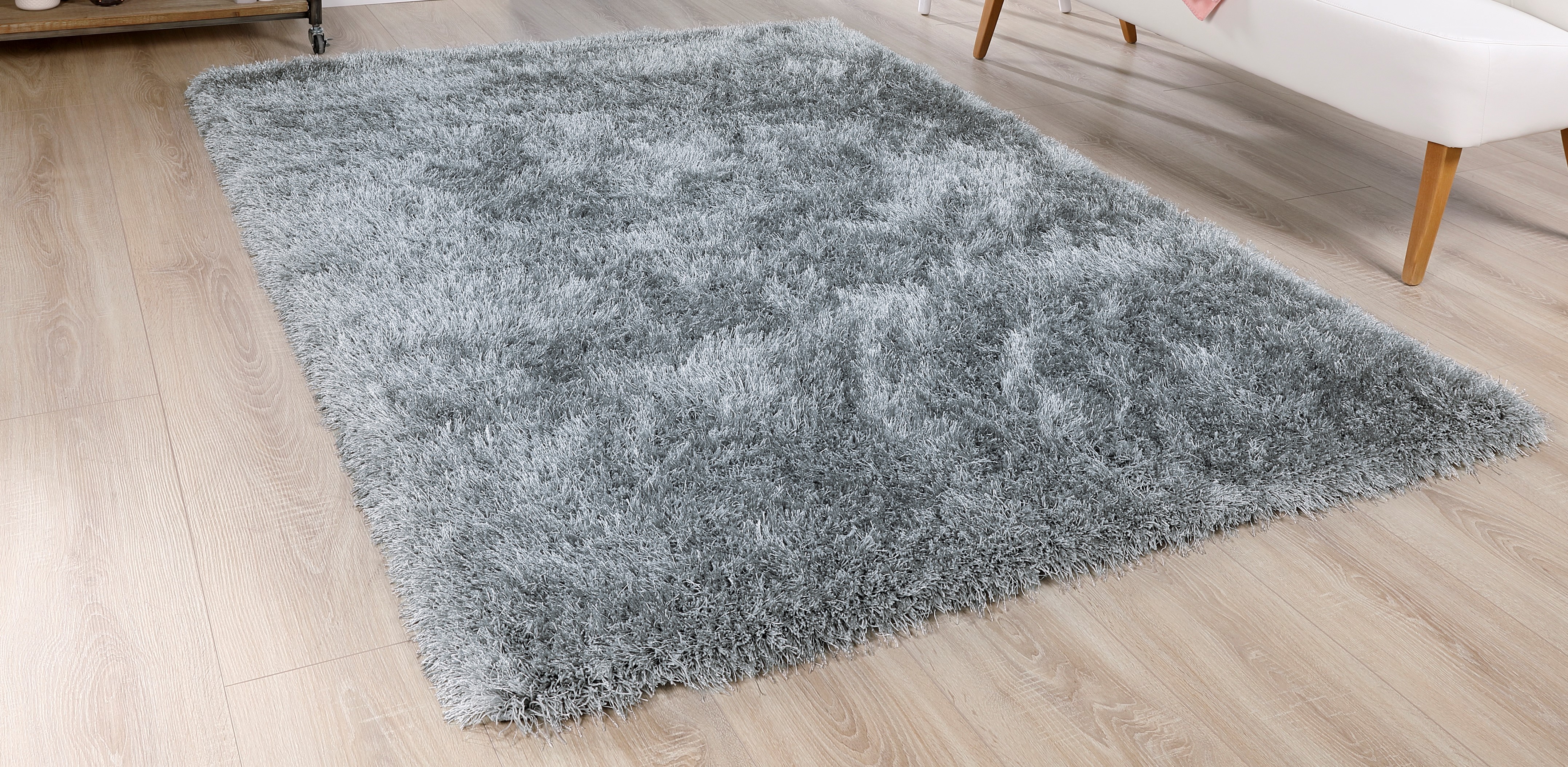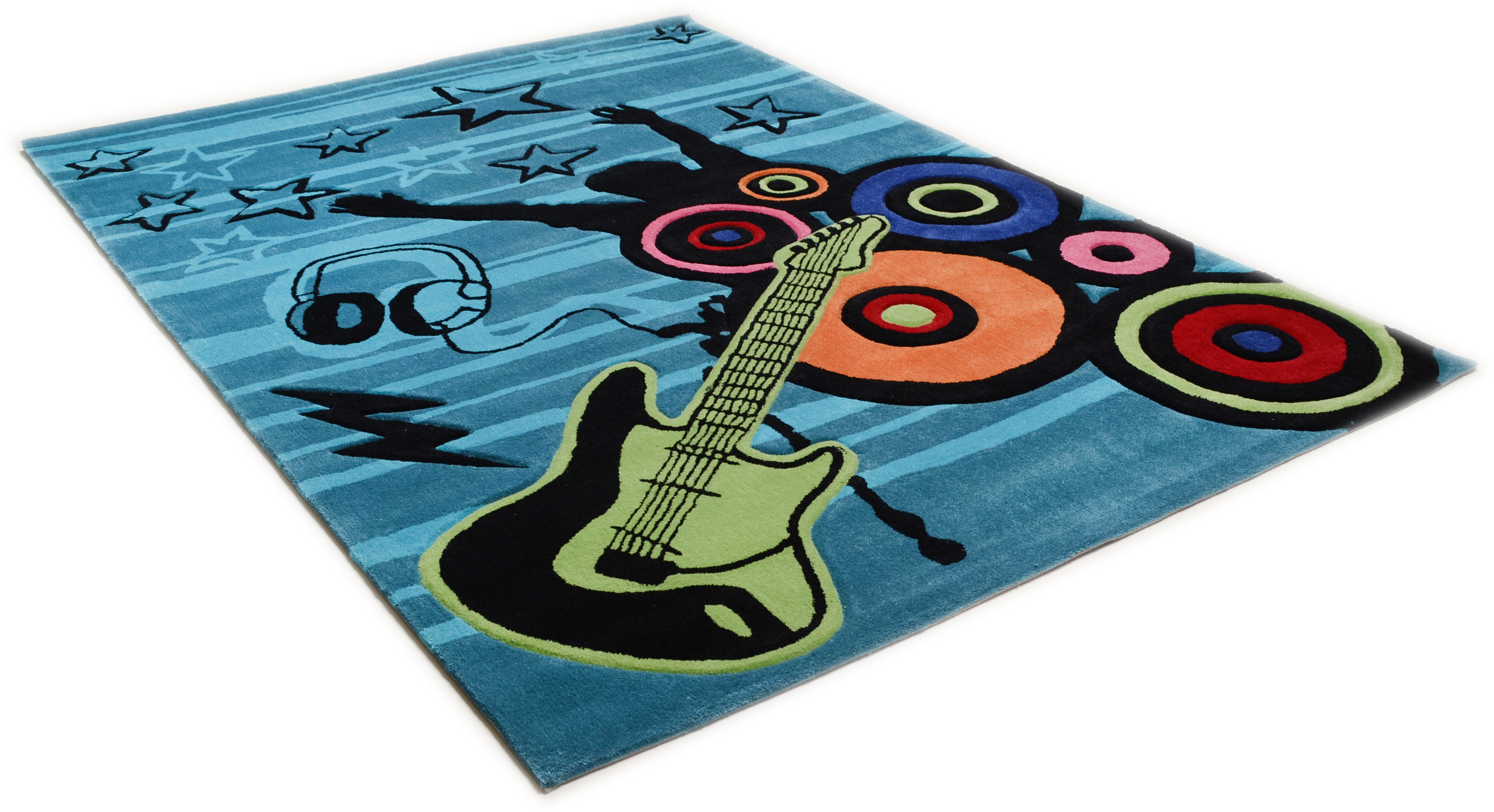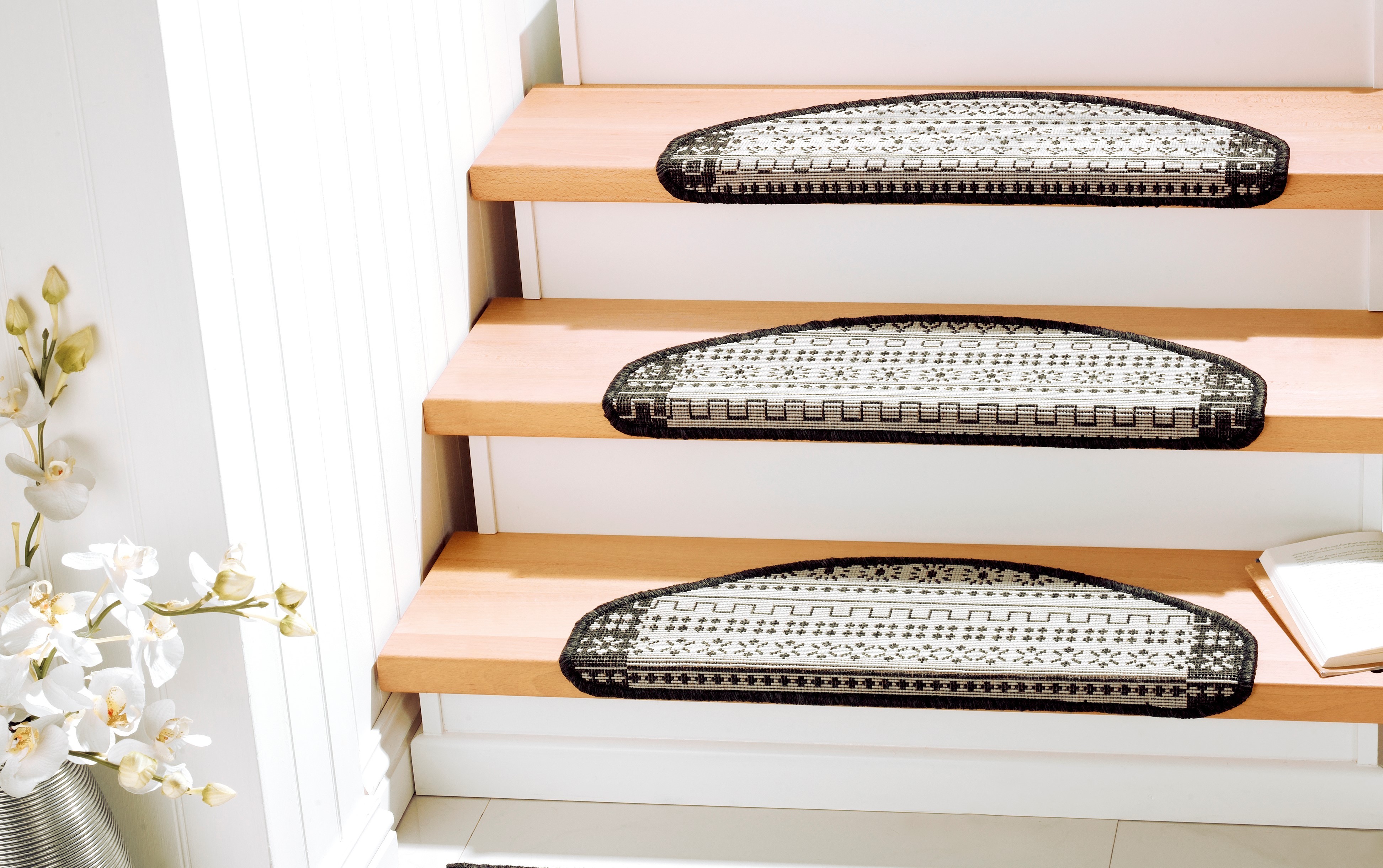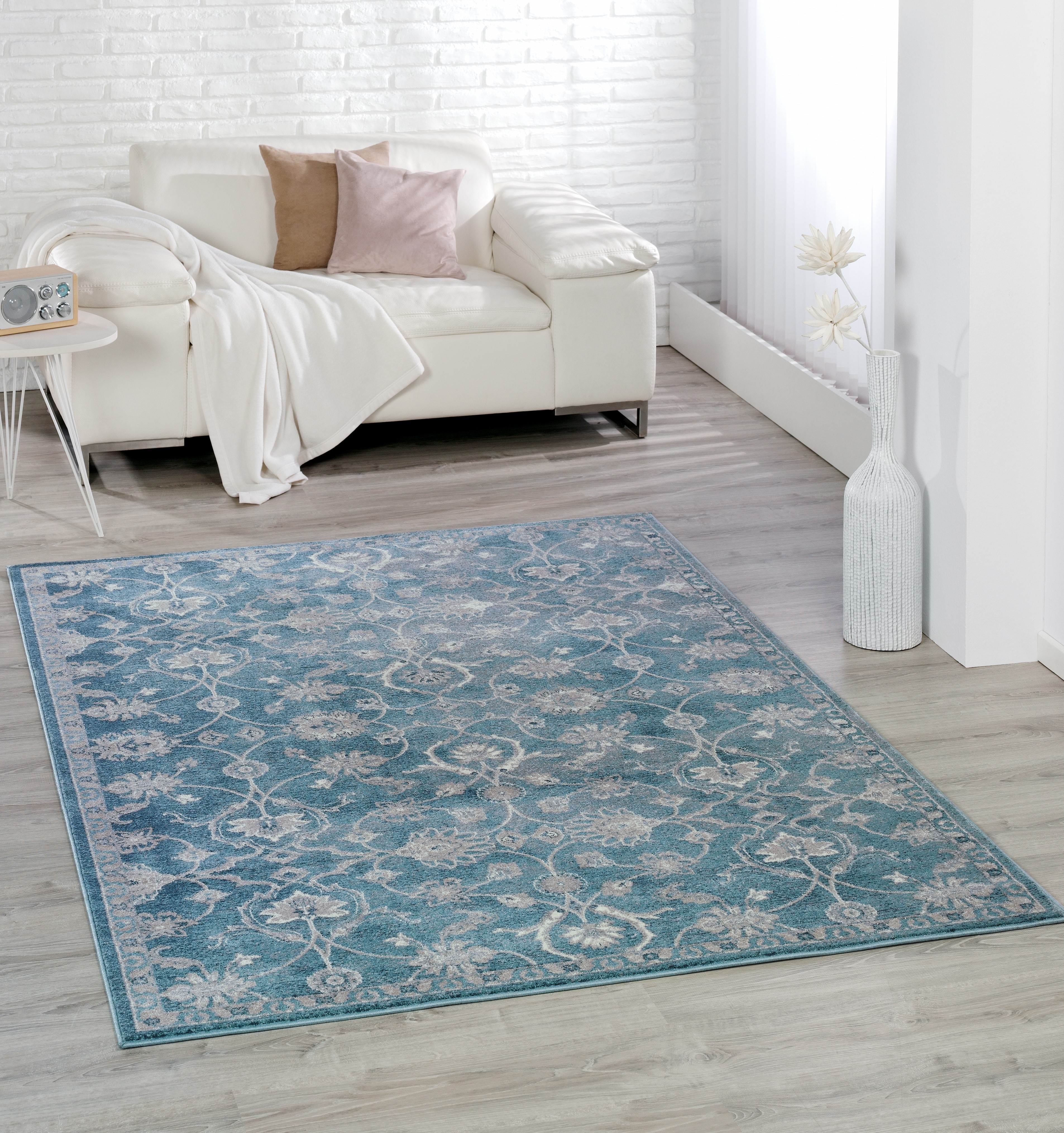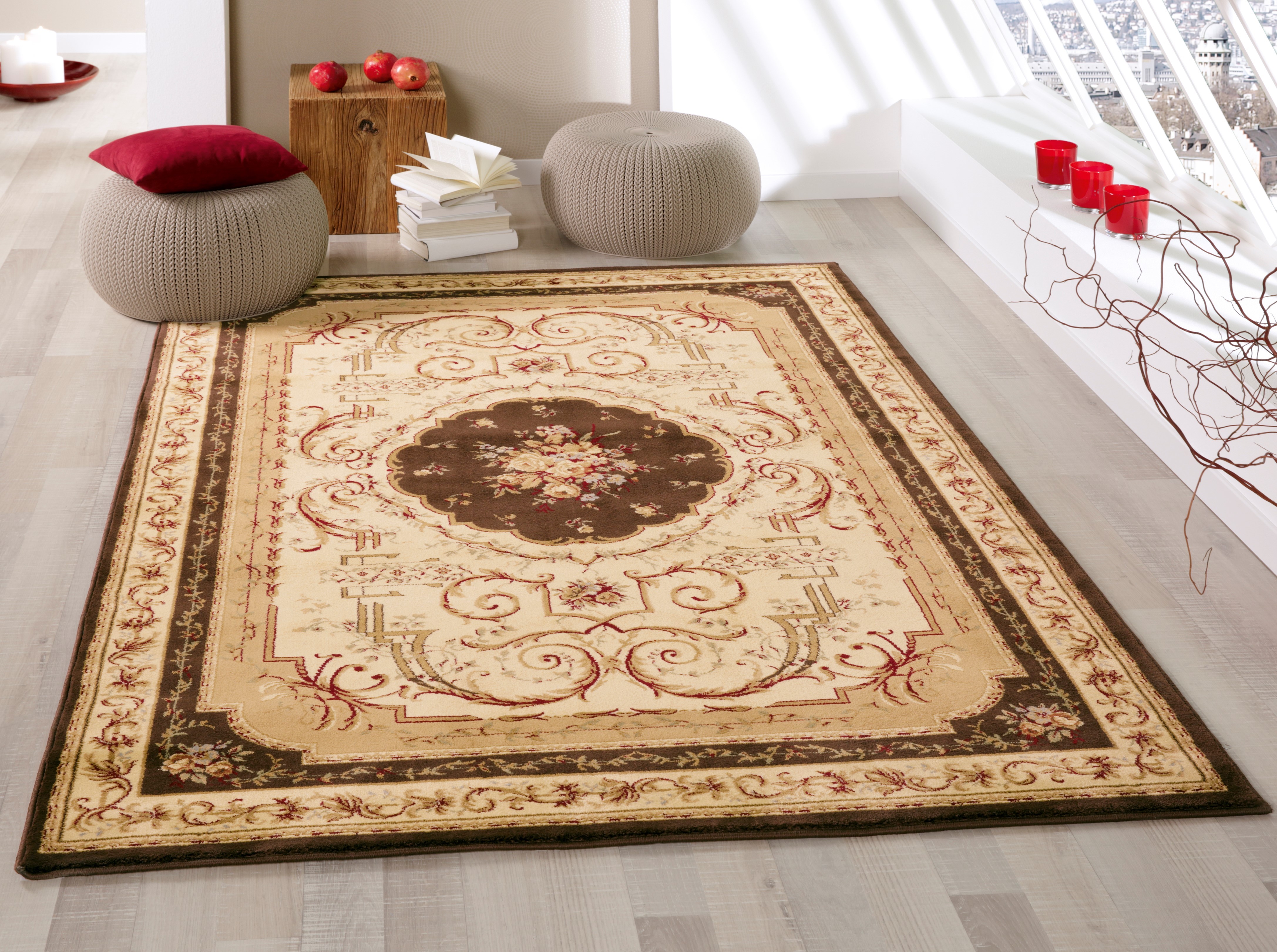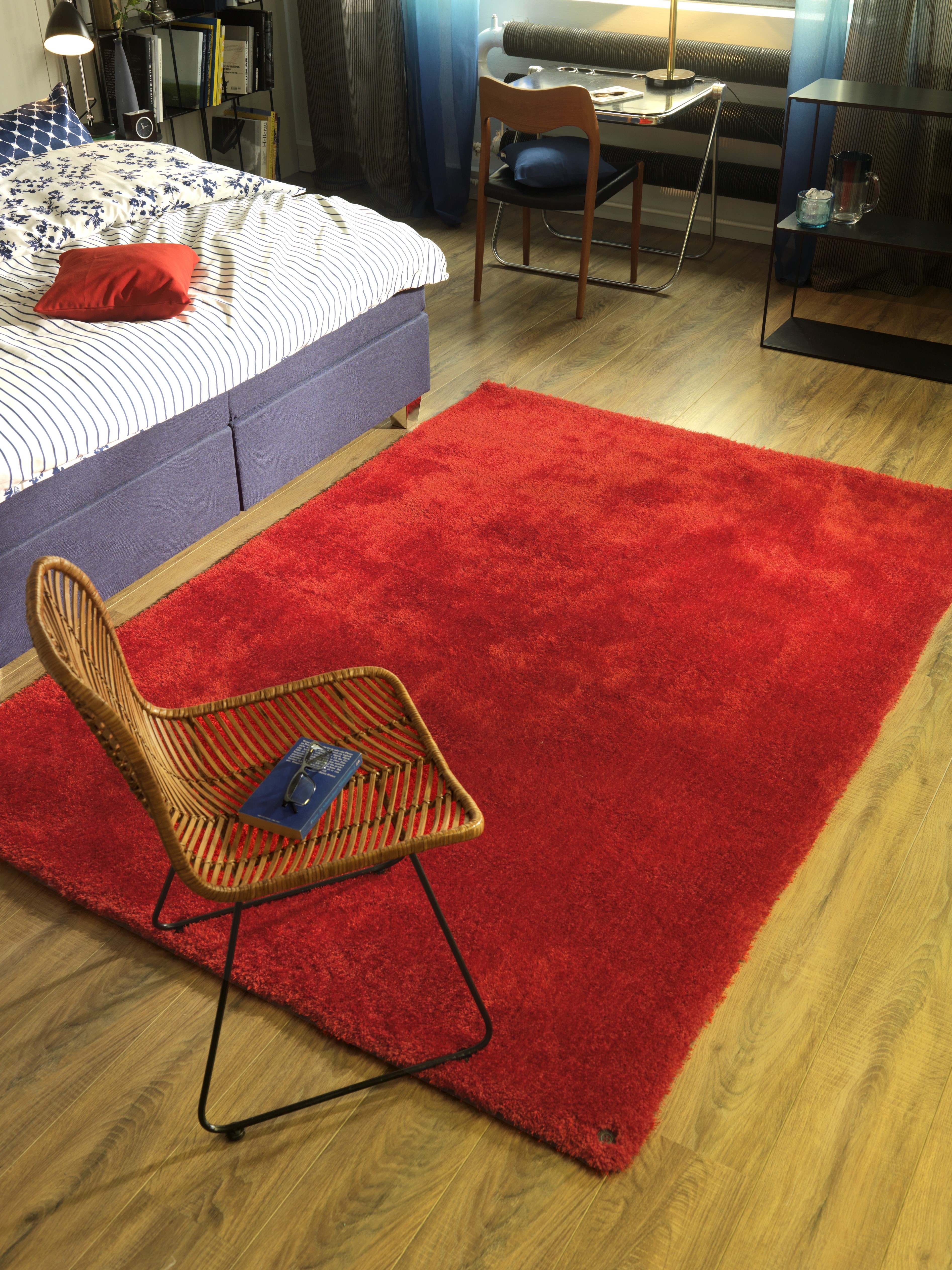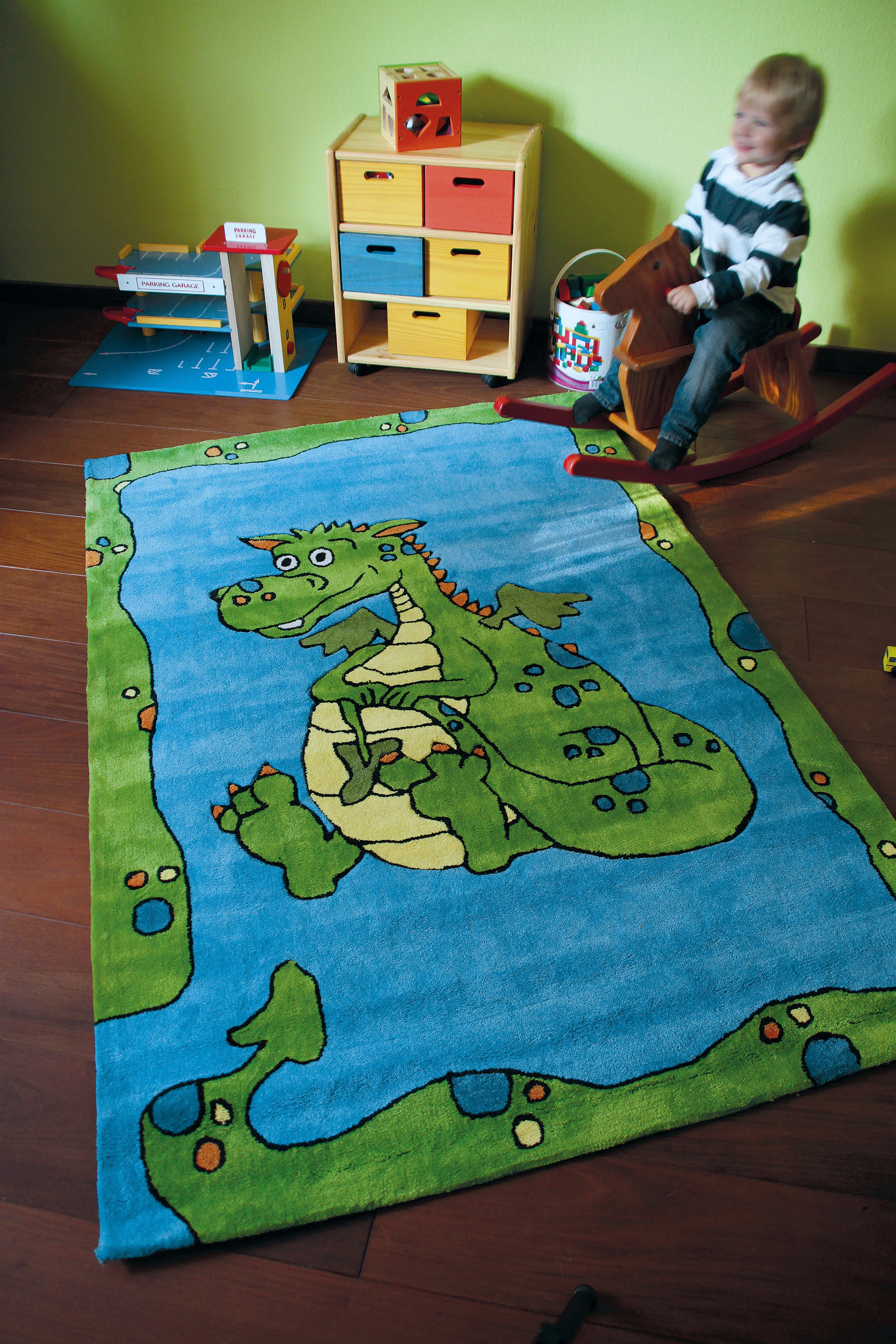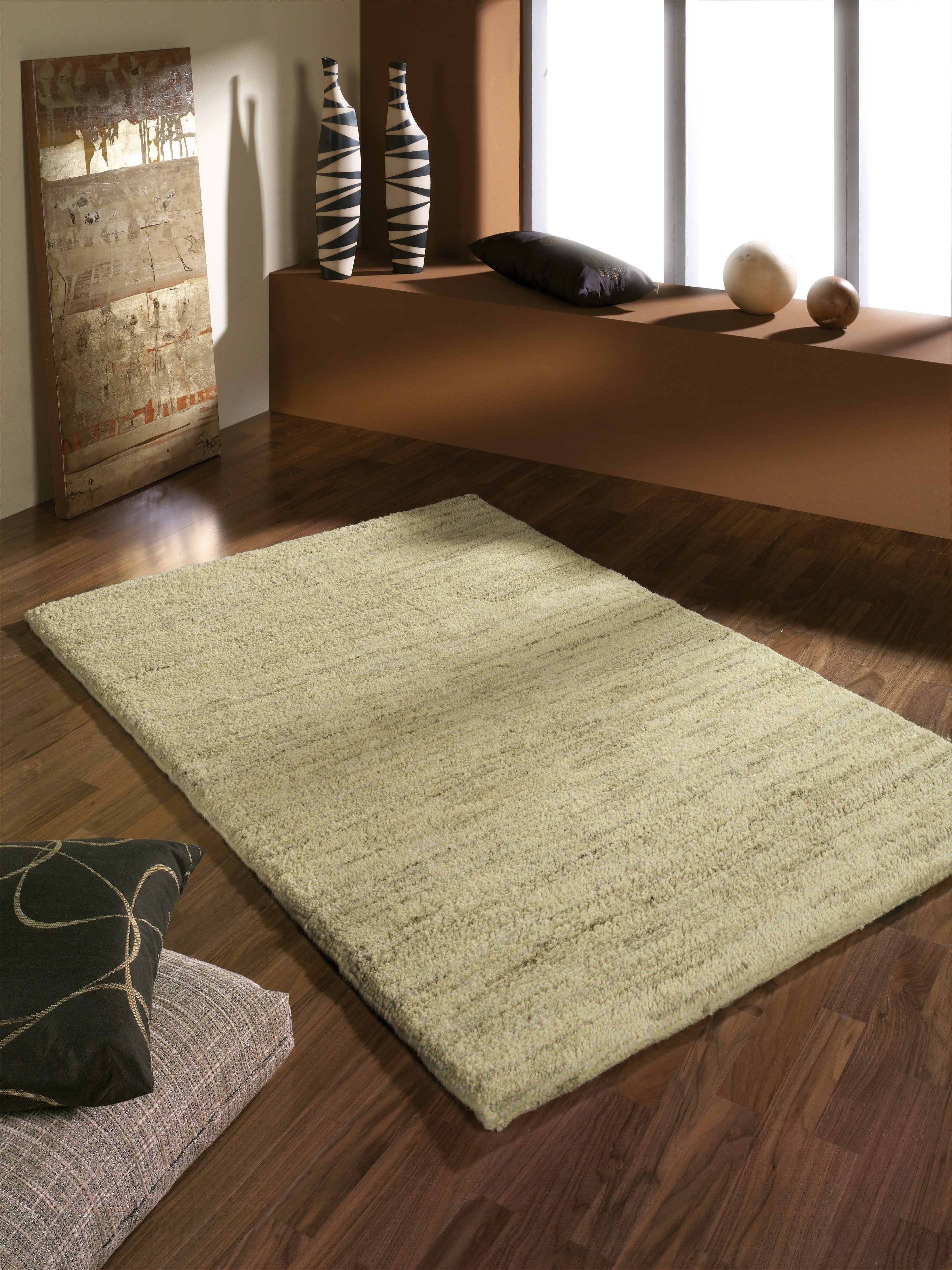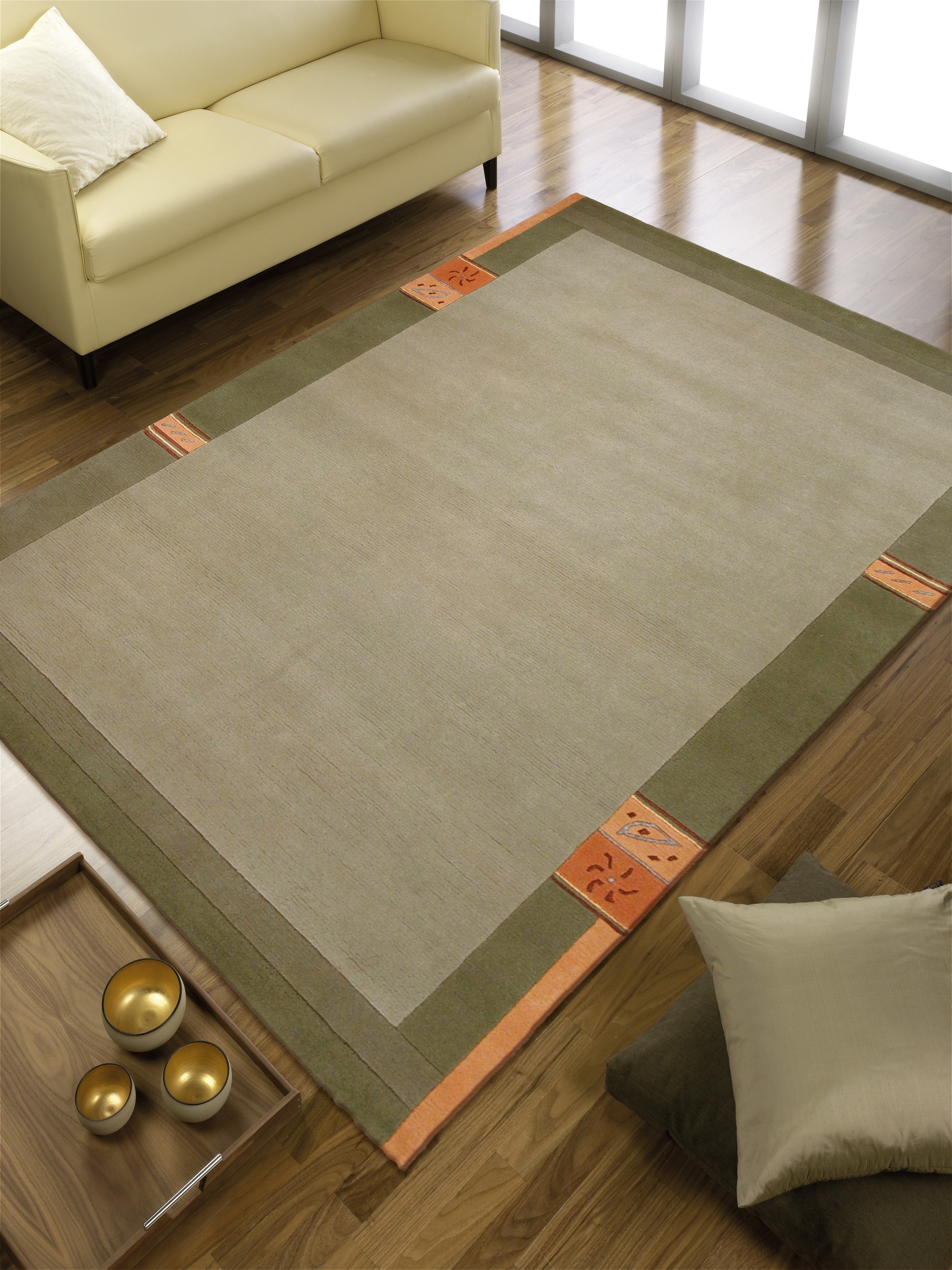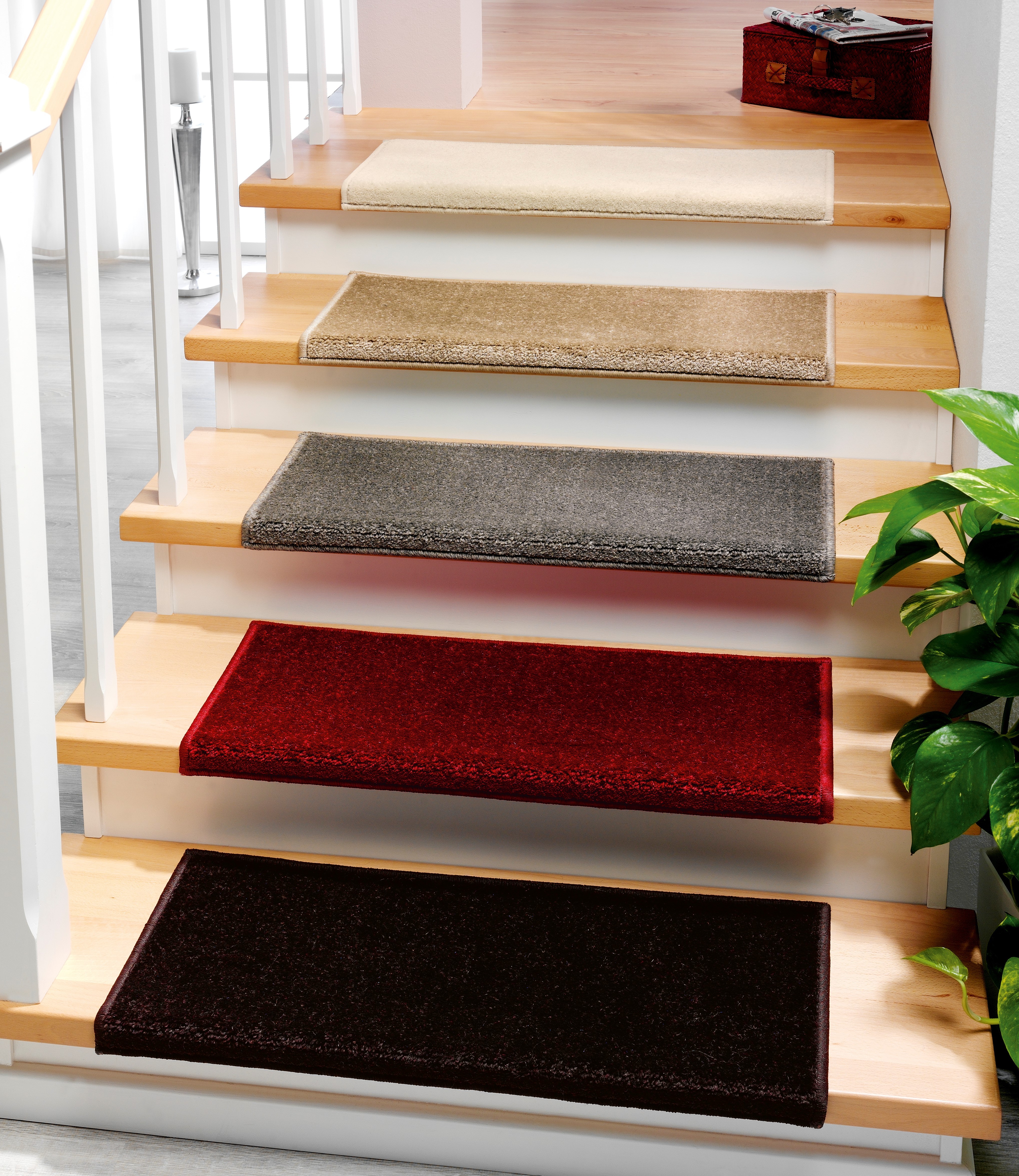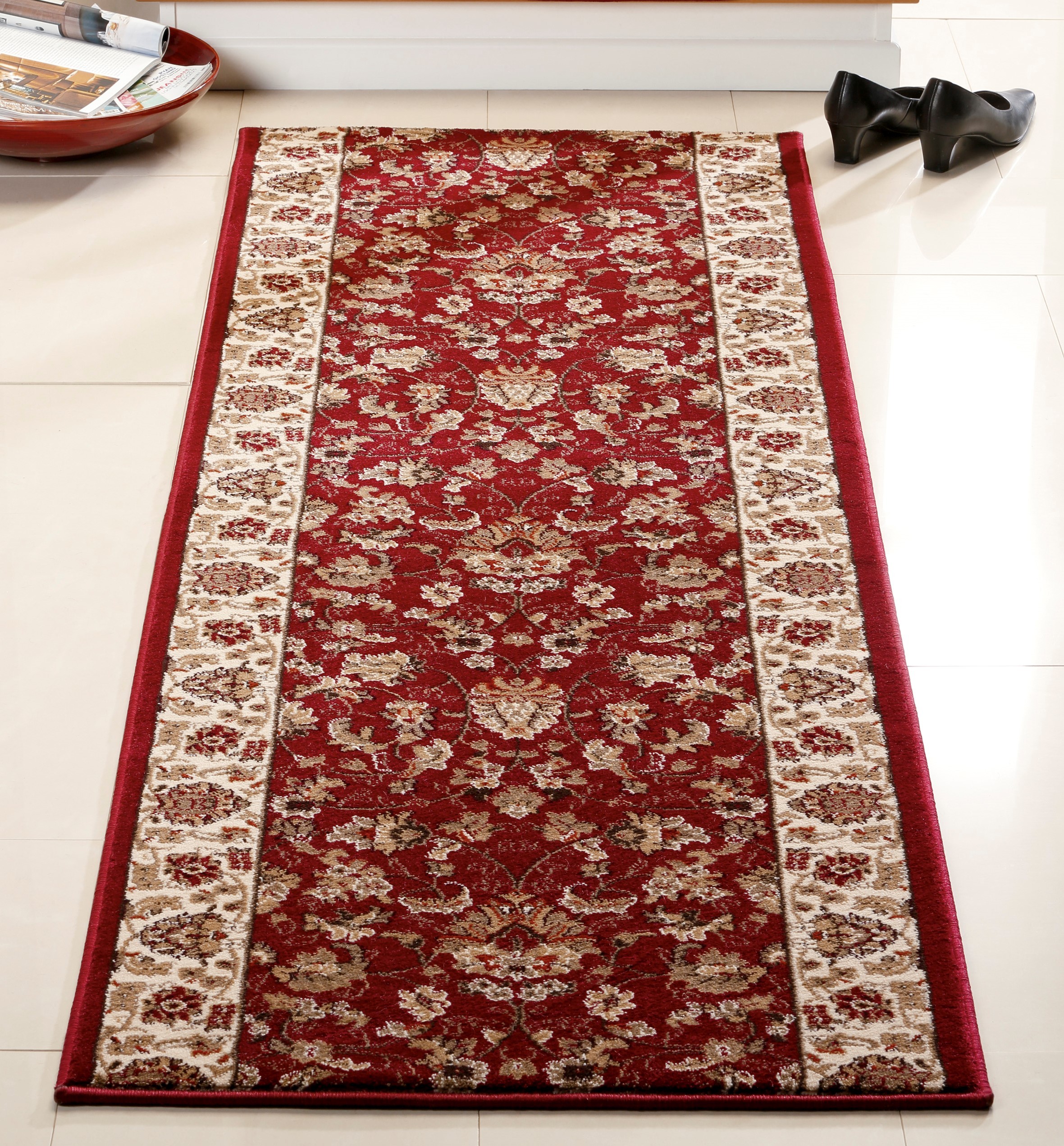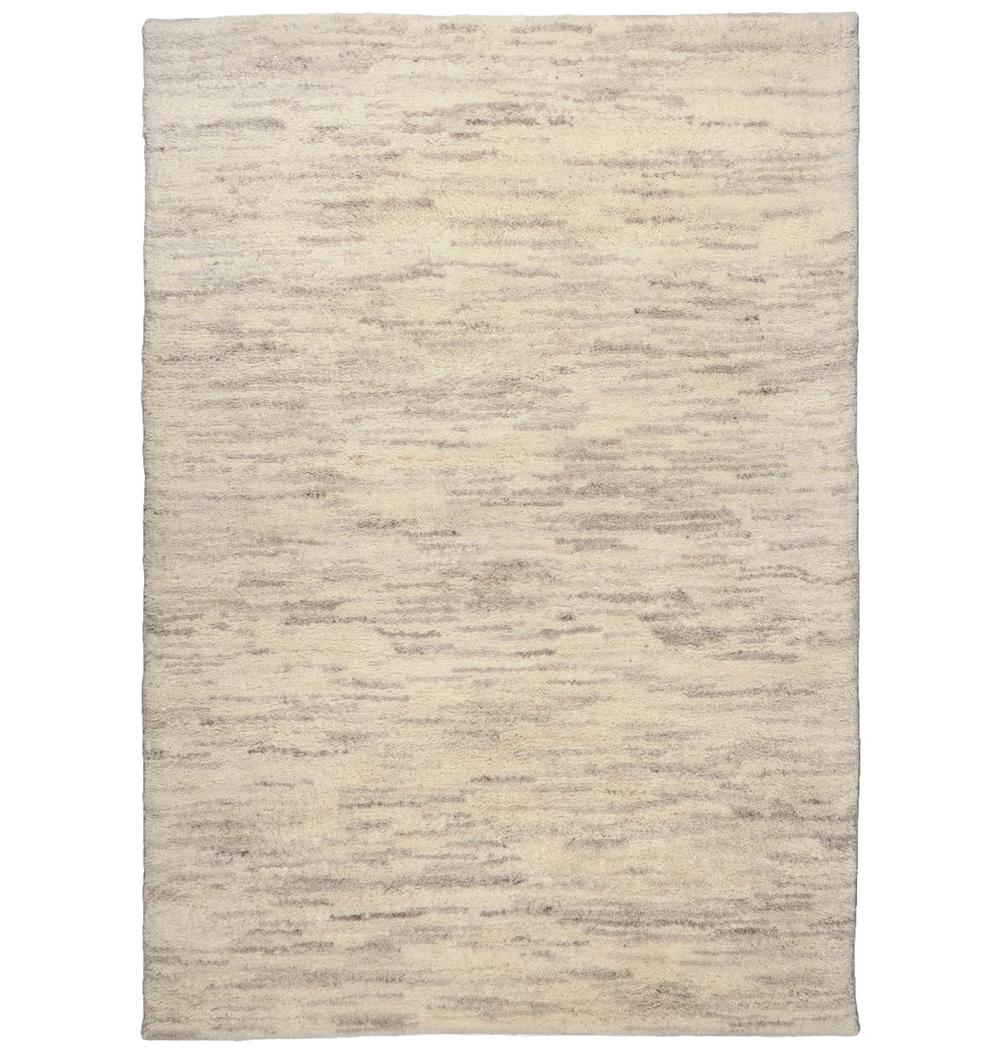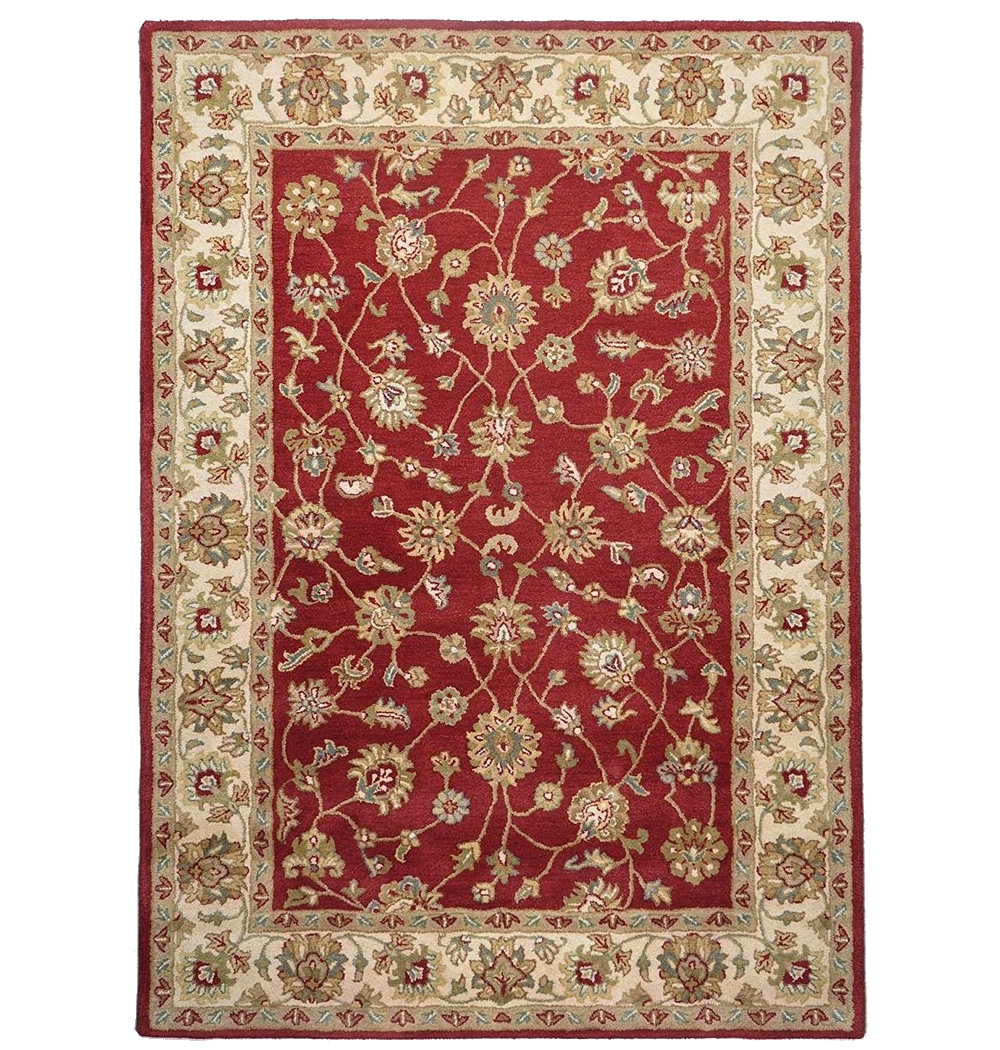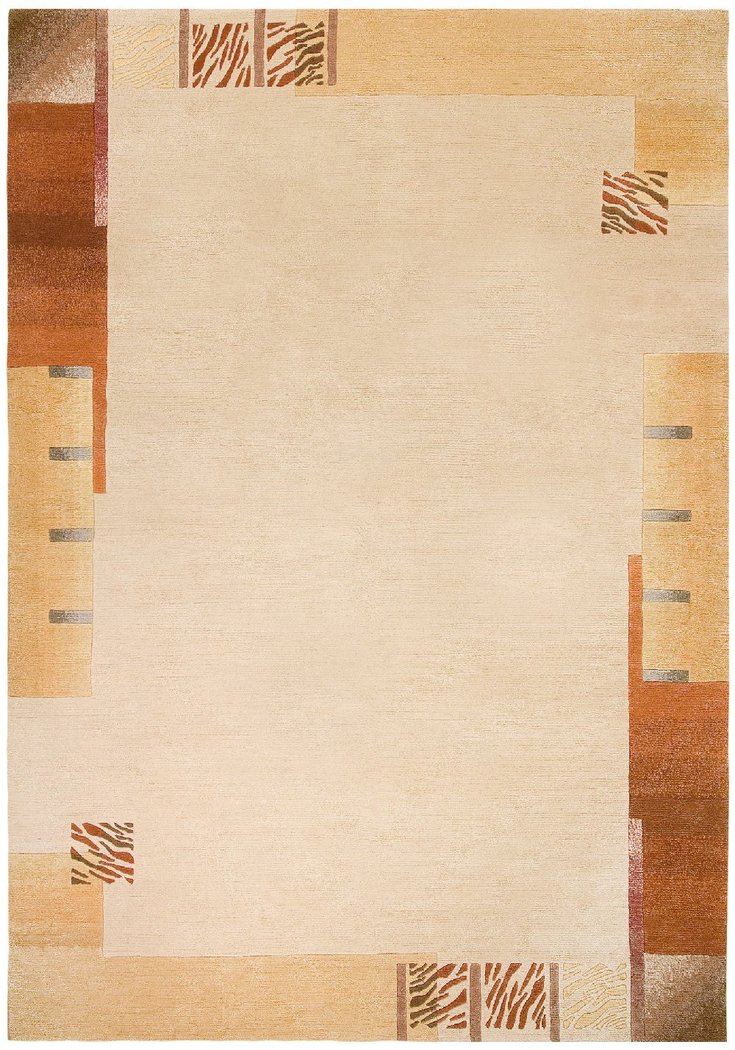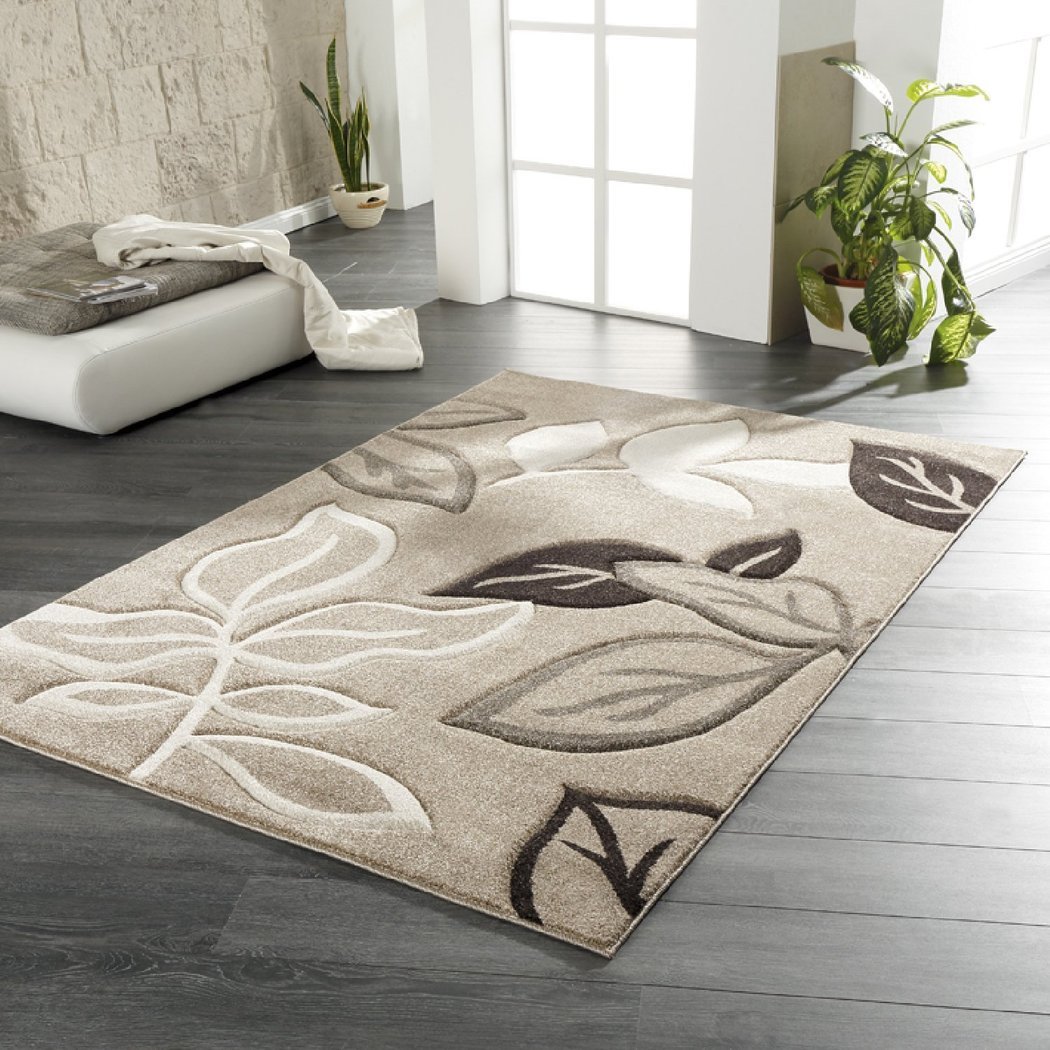Tapetes modernos Tappeto clássicos Tapetes macios
Best-seller
teppich kaufen - jetzt buero teppiche, teppich antrazit, teppiche rottoene
comprar carpete - agora tapetes para escritório, carpete antracite, tapetes vermelhos
tapete antracite, tapetes vermelhos
A nossa empresa Sona-Lux OHG comercializa tapetes e acessórios desde o ano de 2008. Poderá encontrar na nossa loja uma grande variedade de tapetes, do clássico ao moderno, em vários modelos e tamanhos. Ao escolher a cor e o tamanho, você tem a possibilidade de encontrar o tapete desejado em pouco tempo.
MATERIAL
Nobody would even consider going on a snow hike wearing a silk shirt or wearing a cotton work overalls at a wedding. As with clothing, carpets are also made of diverse materials for difference occasions or to be more precise „areas of use“. Is a carpet to serve as decoration or is it to be subjected to heavy use? Hallway, living room, children´s room, bathroom - not all materials are suitable for all of the rooms. Natural or synthetic fibres? The short carpet glossary that we have listed all of the materials we use and their most important properties in should provide you with the best possible support when deciding what to buy.
WOOL
Carpets are most frequently made using woollen yarns, and this for good reasons:
• Wool fibres contribute to a cosy living atmosphere
• They are extremely durable
• Their natural grease makes them quite insensitive to soiling and water
• Wool fibres have an anti-static effect
• They can be elongated by up to 30 percent before contracting, rendering them so insensitive to pressure marks
• They are footfall sound insulating, heat insulating and regulate the living climate
• Wool is a renewable resource
But wool is not wool: whereas what is referred to as „tanners wool“ is a secondary product from leather, it therefore only being acquired after the death of an animal, the term „new wool“ is only to be used if it is a new wool that it sheared off the live animal. We only use the higher quality new wool for our high quality brand carpets. The properties of the wool are also determined by the habitat of the animals.Highland wool is especially robust and durable and lowland wool is especially soft. Many of the carpets from our factory in Nepal are made using highland wool from the Himalaya region. The mmajority of the lowland wool that we use comes from New Zealand, where the anmals graze on green lowlands and hills in a unique insular climate. Wool mixtures are also frequently used in order to achieve optimal results. In the production of carpets we differ between wool in crude form and treated wool. You can find carpets of untreated, totaly natural wool in our THEKOnatural collection.
Tip: woolen carpets have a positive effect on the living climate but are not suitable for use in wet rooms such as bathrooms. Woolen carpets have high elasticity and stability, they‘re naturaly dirt-repelling, quick-drying and easy to clean. We advise to vacuum clean regularly.

SILK
They used to be reserved for kings and dignitaries and it is still a luxury materials: natural silk. Silk is obtained from the cocoon of the silkworm moth. The insect originates from China. Trading with Chinese silk took place along the famous Silk Route as early as the year 100 B.C. and this is how natural silk reached Europe. The noble natural product has to date not only been used for the production of fashion items and home textiles such as cushions and curtains, it is also used in the manufacturing of carpets due to its special product characteristics.
The advantages at a glance:
• strongest known natural fibres, high degree of shape retention
• appearance: a soft gloss, natural elegance
• not as elastic as wool, but extremely durable and tear-resistant, good insulating ability
• high knot density due to its special fineness
• motifs and patterns have a very precise appearance, silk carpets can look very different, depending on the incidence of light
• depending on the angle of view silk carpets can have two different faces
Tip: silk carpets are able to cope with many things but not with moisture. They are not suitable for wet rooms!
VISCOSE
For the natural -sinthetic fiber viscose cellulose of beech, spruce, eucalyptus, pine, bamboo or the like is used. Viscose combines properties of wool and silk. Viscose has the ability to absorb moisture, it is durable, can be processed very fine and feels velvety soft.
The advantages at a glance:
• shines like silk
• high-class colors
• good for room-climate because of saving and spending humidity
• renewable resourc
• allergy friendly
Tip: Viscose is a good and cheap alternative for someone who is looking for a carpet wich looks like silk
POLYESTER
With polyester the large family of synthetic polymers that are used in many areas nowadays is meant. Although polyester exists in nature, one normally understands this as being the large family of synthetic polymers that are used in many areas nowadays. The properties of polyester can be varied depending on the type of the monomers that are used. Polyester is extremely popular when producing upholstery fabrics and carpets, one reason being that it provides numerous design possibilities.
The advantages at a glance:
• polyester fibres are hard-wearing, durable and fade-resistant
• easy to care • polyester is heat insulating
• can also be used in bathrooms
• long pile and short pile carpets are possible
• allergy friendly
DININGROOM
A carpet under a dining table should be large enought that the rear legs of the chair are positioned on the carpet. It is recommended that a carpet is placed under a table in a dining room in order to dampen sounds in the room but also to bring more colour, pattern and structure into the room.
This is how you can perfectly integrate your new carpet in the dining room:
• the carpet should be at least 75 cm bigger than the table on all sides (1.00m longer/wider than the table measurers)
• this is valid for round, oblong and square carpets in the dining room.
• as the centre of the carpet is covered by the table and chairs, the design at the edges is especially important
The carpet should protrude at least 75 cm over the contour of the table. This means that the ideal size is 1.00 m longer and wider as the table. The proportions of the carpet are to be adapted to the table and it is also to be larger than the table so that the chairs can be easilly pulled back without the rear legs slipping off the carpet. As the centre of the carpet is covered by the table and chairs, the design at the edges is especially important. 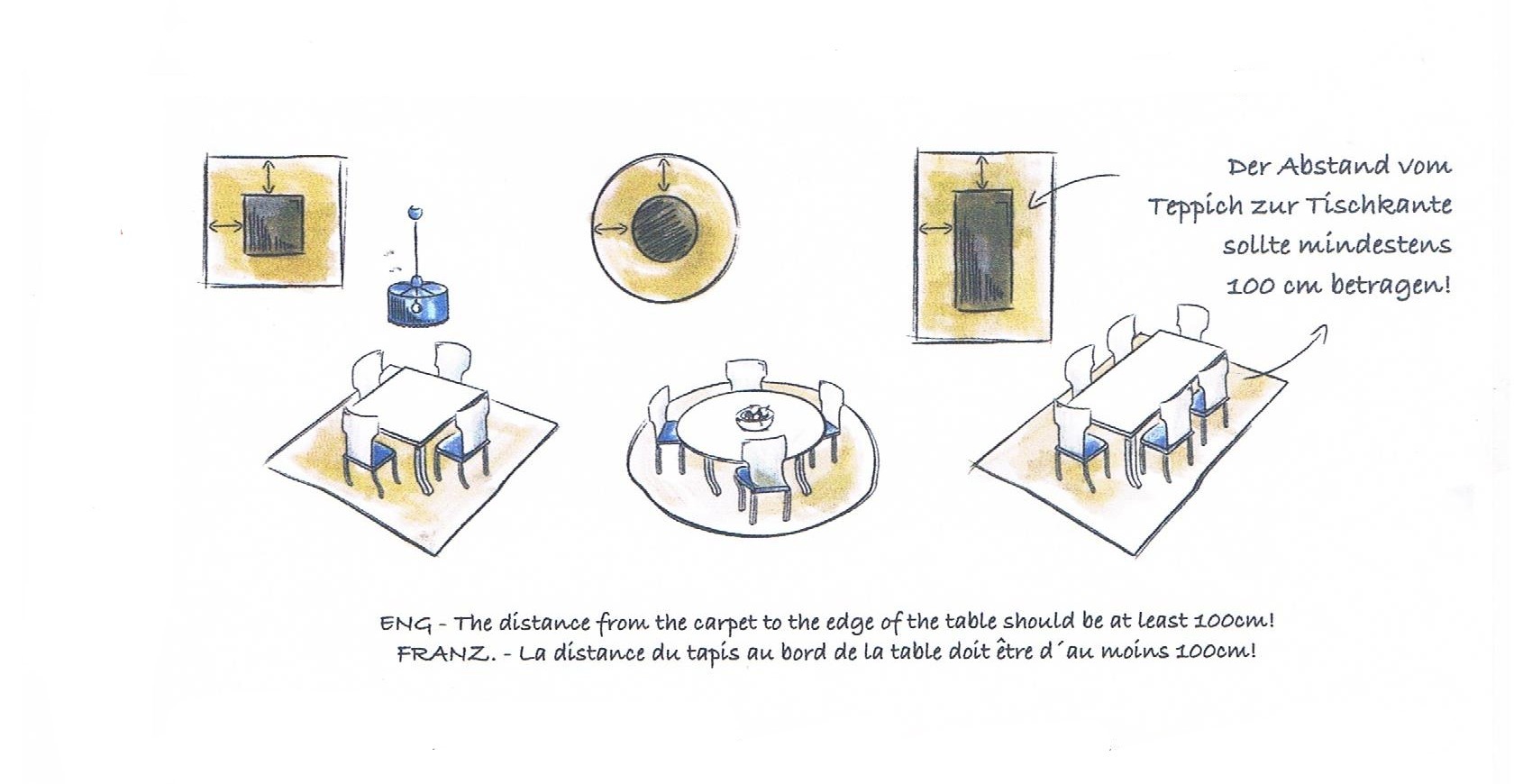
LIVING ROOM
Carpets are very often laid in living rooms. There are also simple guidelines concerning the size and form here too.
1. The carpet is laid in the centre of the furniture ensemble - in front of the sofa and the armchair. It is to be wider than your piece of furniture and not too far away from the seating group.
2. With this version, the carpet is placed underneath the front half of your pieces of furniture with only the front legs standing on the carpet. Not suitable for cabinets and tables - they would stand crooked otherwise.
3. Another possibility: choose a carpet that is so large that all of your furniture can be placed on it. There should be enough space surrounding the pieces of furniture so that they do not appear to be cramped together.
Living room tip!
There are certain pieces of furniture that are suitable for all three versions. Should the sofa or the armchair have freestanding legs and there is space between the floor and the seating surface, it is recommended that you place half of the carpet under the piece of furniture. If the sofa should be very close to the floor or be covered down to the floor, or should it have a metal strip instead of legs, then it should either be completely placed on the carpet or be positioned next to it.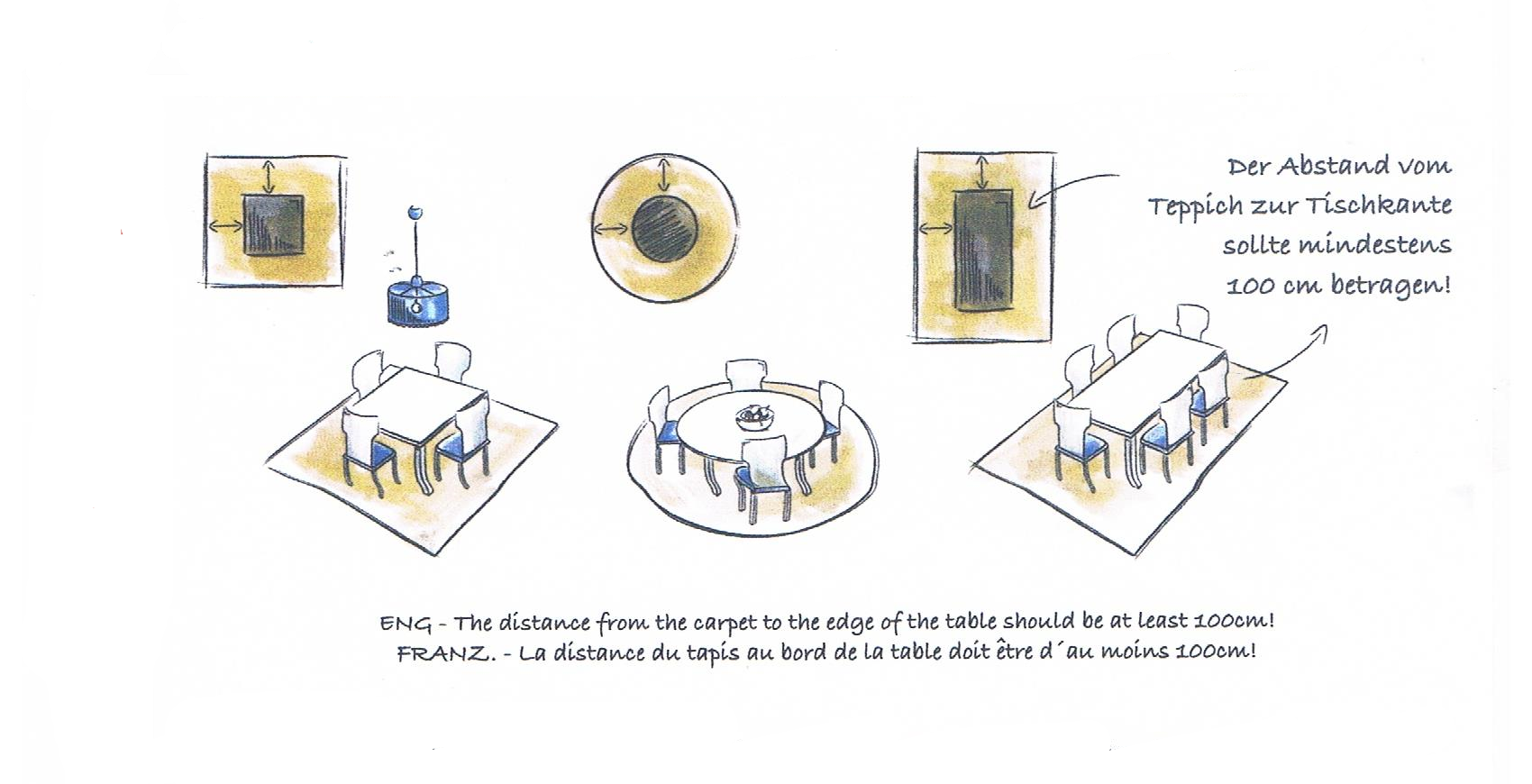
BEDROOM
Carpets are also often to be found in bedrooms. There are numerous possibilities here - you can lay the carpet under the bed or cover another part of the floor with it or place it close to the bed so that you have a soft carpet under your feet when you get out of bed.
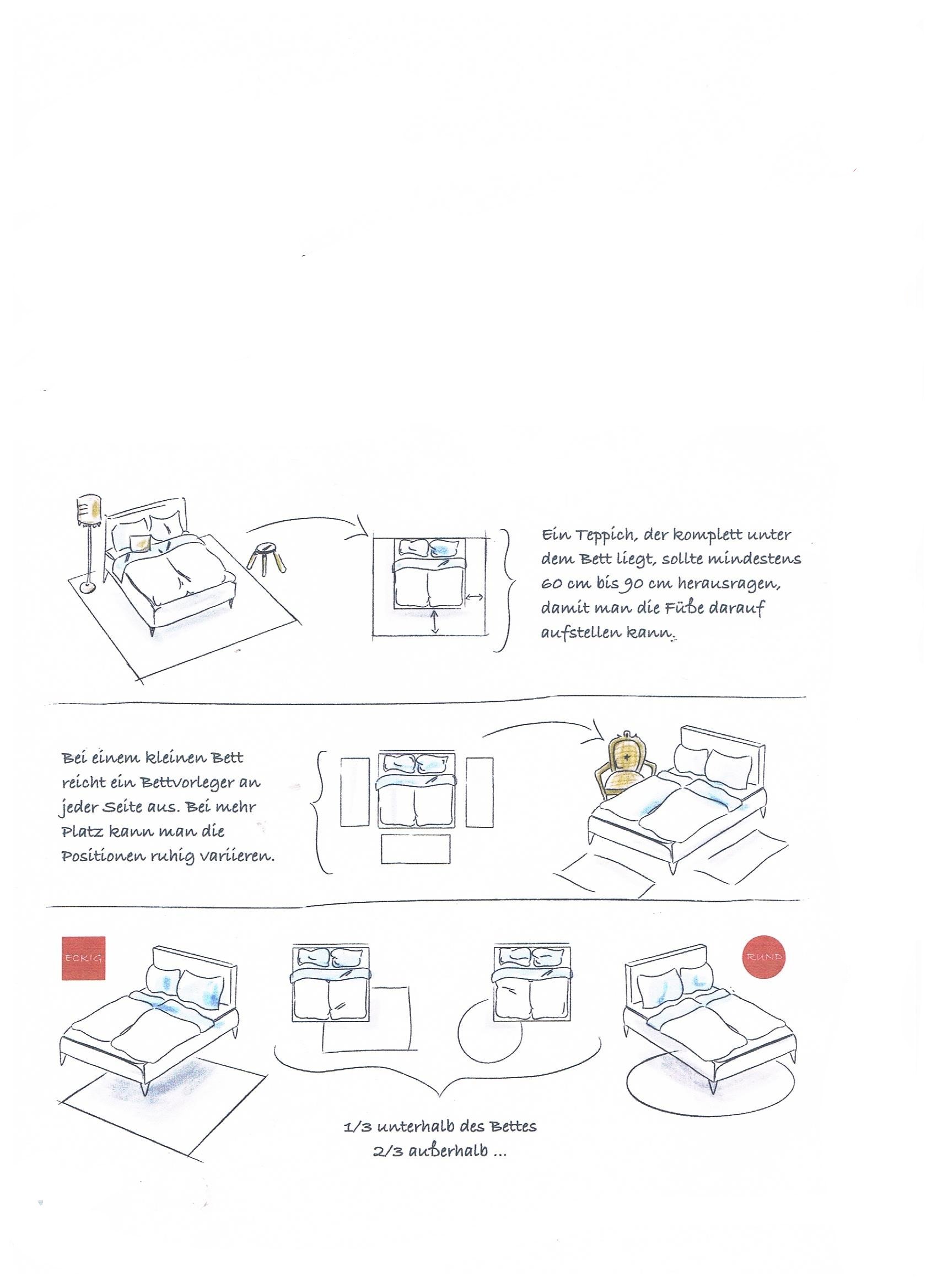
A carpet that is completely underneath the bed should protrude at least 60 cm to 90 cm, so that you can place the feet on them. If the bed is small, a bedside rug on each side suffices, should you have more space, the positions can be varied. 1/3 underneath the bed 2/3 outside ...
CHILDRENS ROOM
Children´s room carpets are not only attractive, they also have a practical use. Carpets help to absorb noise in the chidren´s room. They also dampen footfall sound and ambient noises, thereby creating a cosy ambiente that is suitable for children. Carpets also serve as a comfortable soft surface for playing, romping about and sprawling.
Let´s play! Children´s room carpet: square or round? As small islands, round carpets and rugs can create a cosy atmosphere anywhere in the children´s room. A cool looking floor is quickly transformed into a warm place. Play islands and cuddle oases are created in children´s rooms using carpets.
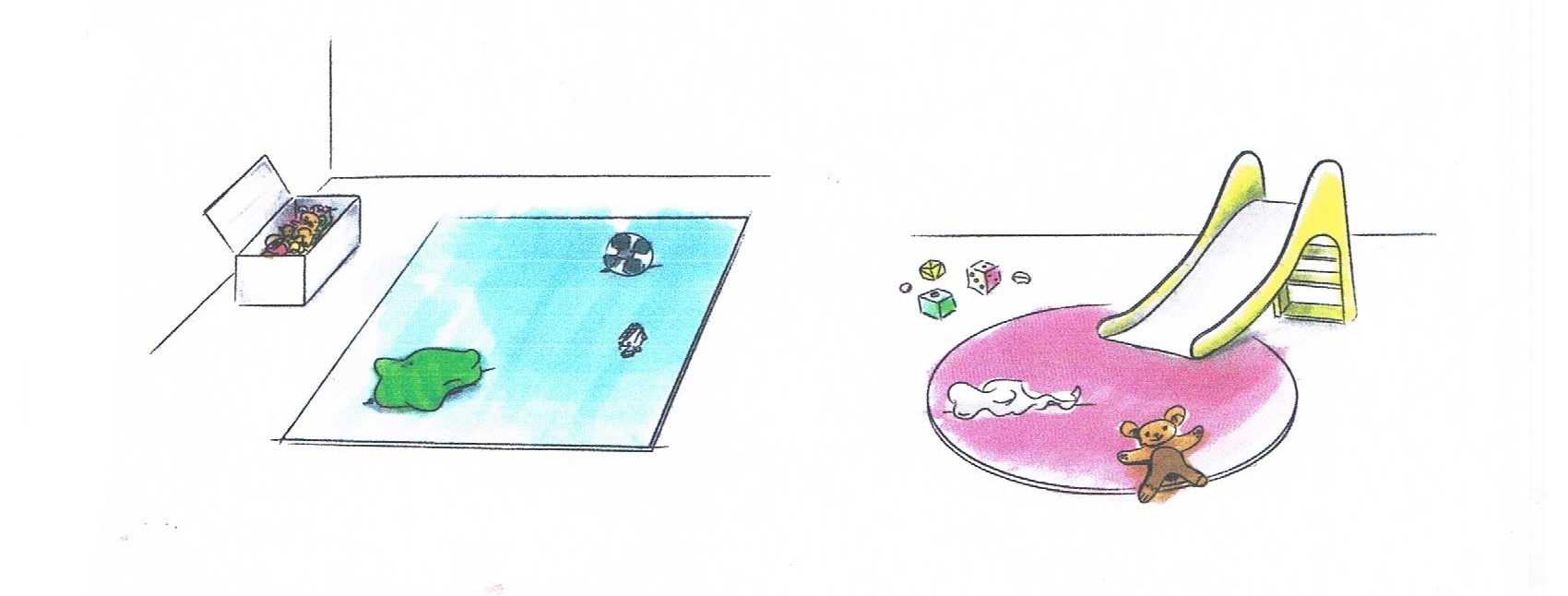
HALLWAY
Your hallway is the first room your guests see when they enter, therefore it should be appealing.
Hallway round. A large and spacious hallways, e.g. in a quadratic form is made even more glamourous with a round carpet. Positioned correctly, it not only provides the right look, but also bridges over a cool floor.
Hallway rug. Long narrow hallways are optimally placed in the limelight with rugs. This makes your hallway inviting and super stylish
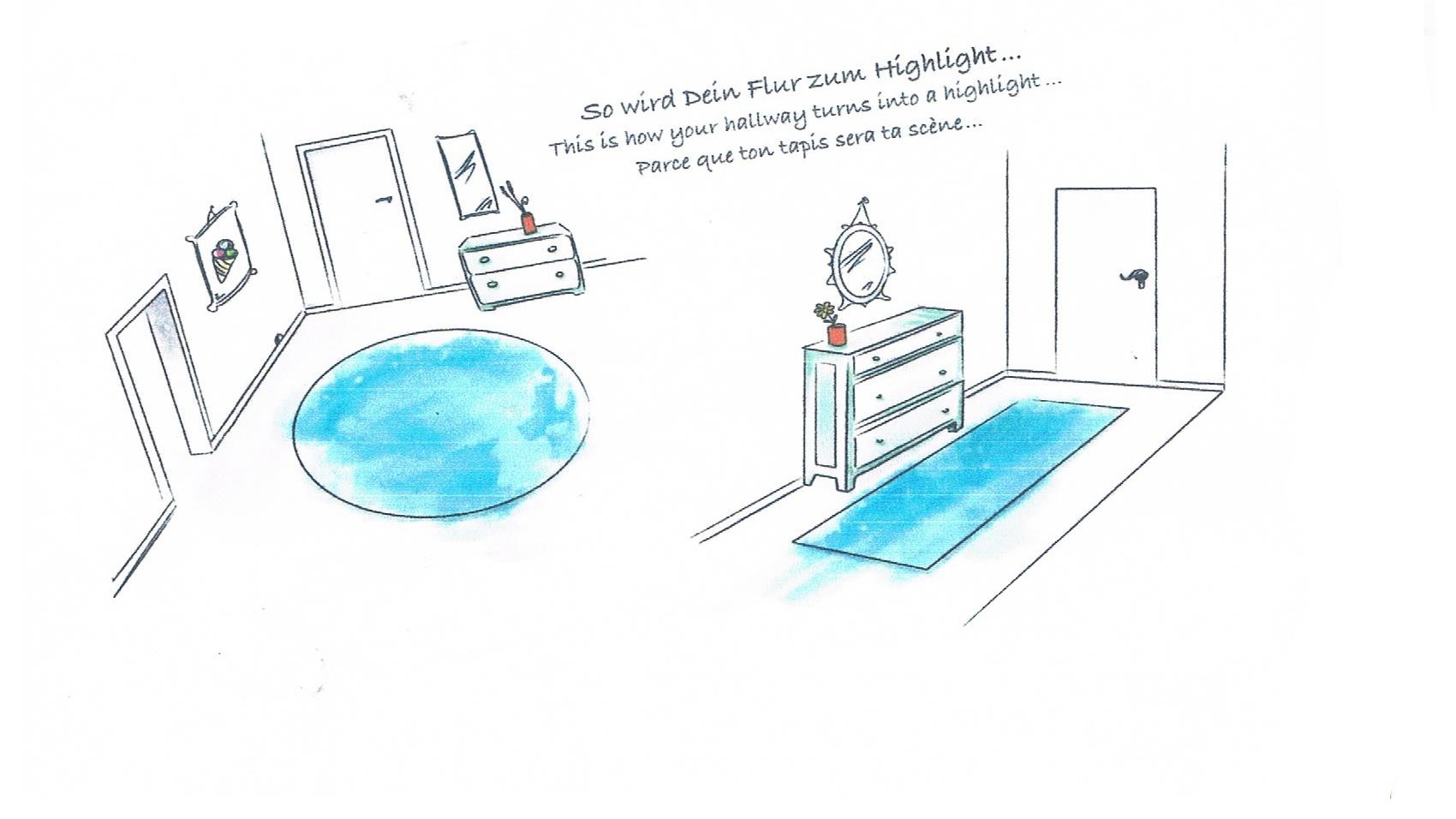
FAV.- PLACES
Round carpets are respecially suitable for special places - this enables you to partition your rooms off into various areas and create individual space with a minimum of effort. Leave everyday life behind you in your rest oasis Put your favourite furniture in the spotlight Places of retreat for real bookworms. Some examples of use for special places: reading corner in front of the fireplace or oven Cuddle corners individual areas.
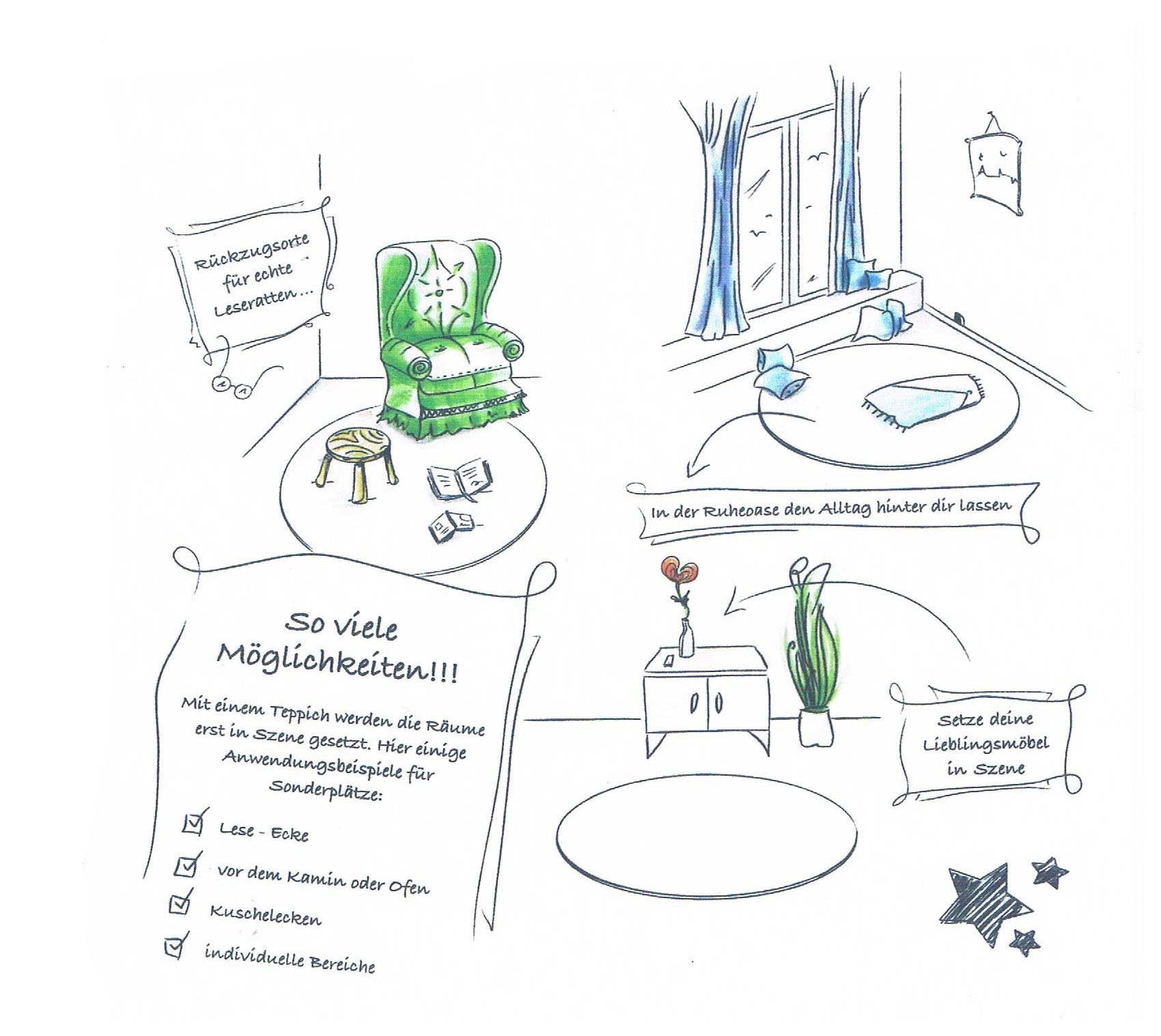
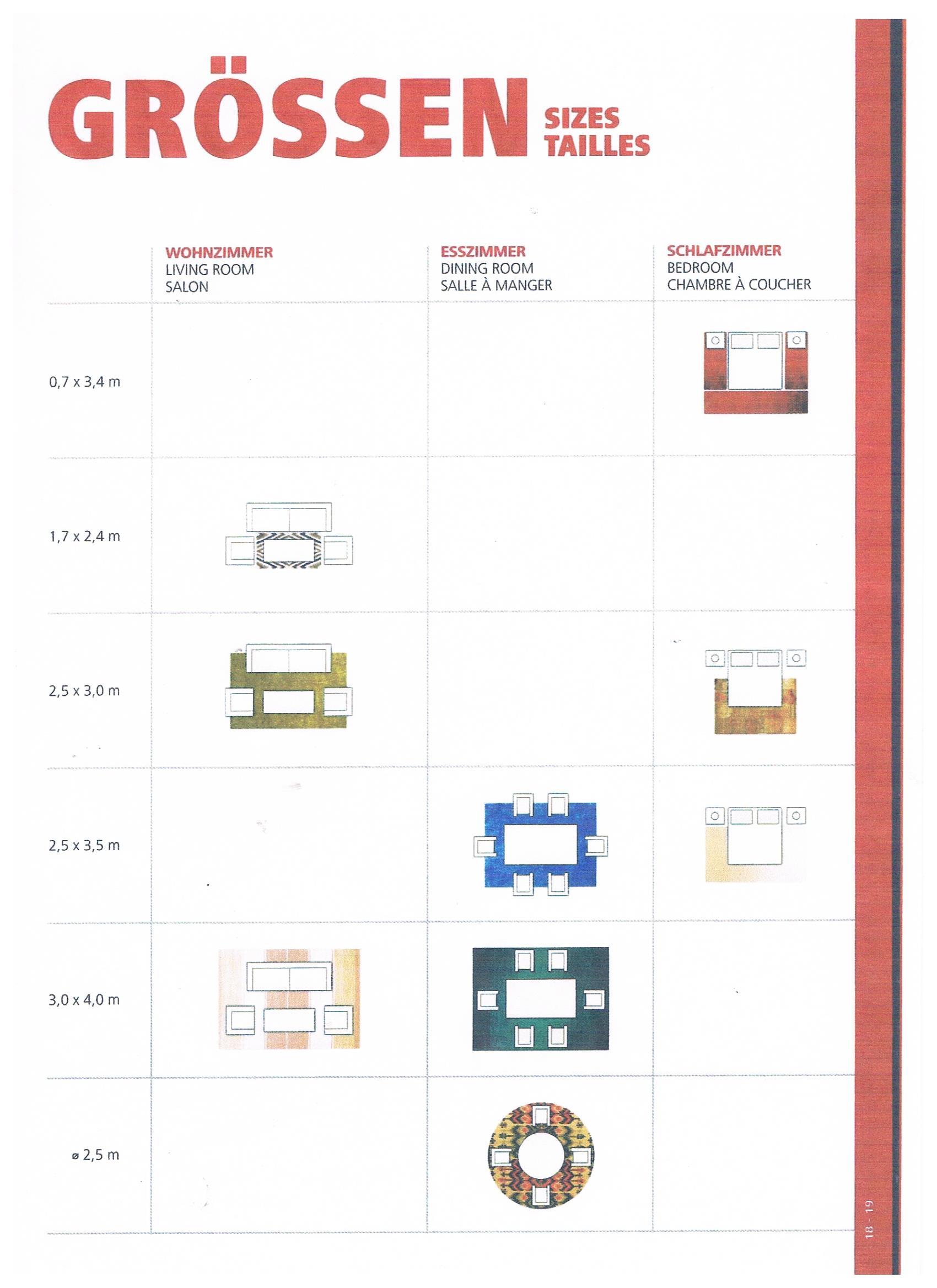
NOSSO DE PAGAMENTO NA LOJA ONLINE
Com os seguintes métodos de pagamento, pode comprar na nossa loja online de tapetes Sona-Lux:














